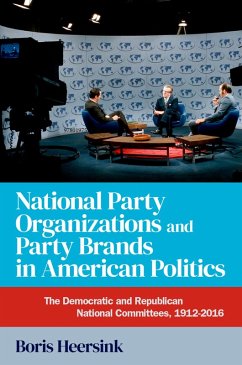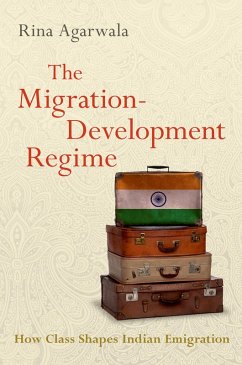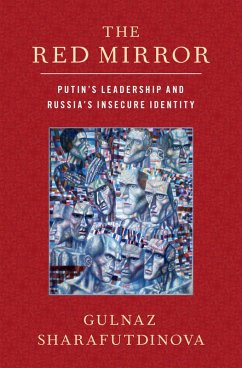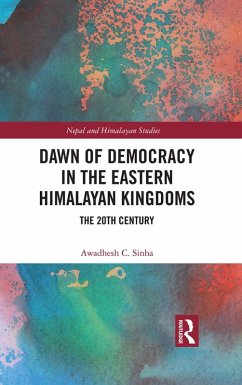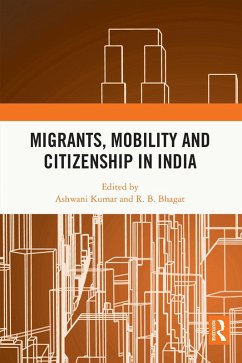
National Party Organizations and Party Brands in American Politics (eBook, PDF)
The Democratic and Republican National Committees, 1912-2016
Versandkostenfrei!
Sofort per Download lieferbar
14,95 €
inkl. MwSt.
Weitere Ausgaben:

PAYBACK Punkte
7 °P sammeln!
A new assessment on the role, influence, and limitations of the Democratic and Republican National Committees in American political development. Scholars have long debated the role and importance of the Democratic and Republican National Committees in American politics. In National Party Organizations and Party Brands in American Politics, Boris Heersink identifies a core DNC and RNC role that has thus far been missed: creating national party brands. Drawing on extensive historical case studies and quantitative analysis, Heersink argues that the DNC and RNC have consistently prioritized their ...
A new assessment on the role, influence, and limitations of the Democratic and Republican National Committees in American political development. Scholars have long debated the role and importance of the Democratic and Republican National Committees in American politics. In National Party Organizations and Party Brands in American Politics, Boris Heersink identifies a core DNC and RNC role that has thus far been missed: creating national party brands. Drawing on extensive historical case studies and quantitative analysis, Heersink argues that the DNC and RNC have consistently prioritized their role of using publicity to inform voters about their parties' policies and priorities from the beginning of the twentieth century onwards. Both committees invested heavily in political communication tools with the goal of shaping voters' perceptions of their parties. As Heersink shows, the DNC and RNC often have considerable freedom in determining what type of brands to promote, placing them in the center of major intra-party debates in the twentieth century--including Prohibition, civil rights, foreign affairs, and economic policy. Analytically rigorous and marshaling a vast body of research on US elections between 1912 and 2016, this book highlights how important national party organizations are in setting the agenda in American politics.
Dieser Download kann aus rechtlichen Gründen nur mit Rechnungsadresse in A, B, BG, CY, CZ, D, DK, EW, E, FIN, F, GR, HR, H, IRL, I, LT, L, LR, M, NL, PL, P, R, S, SLO, SK ausgeliefert werden.




